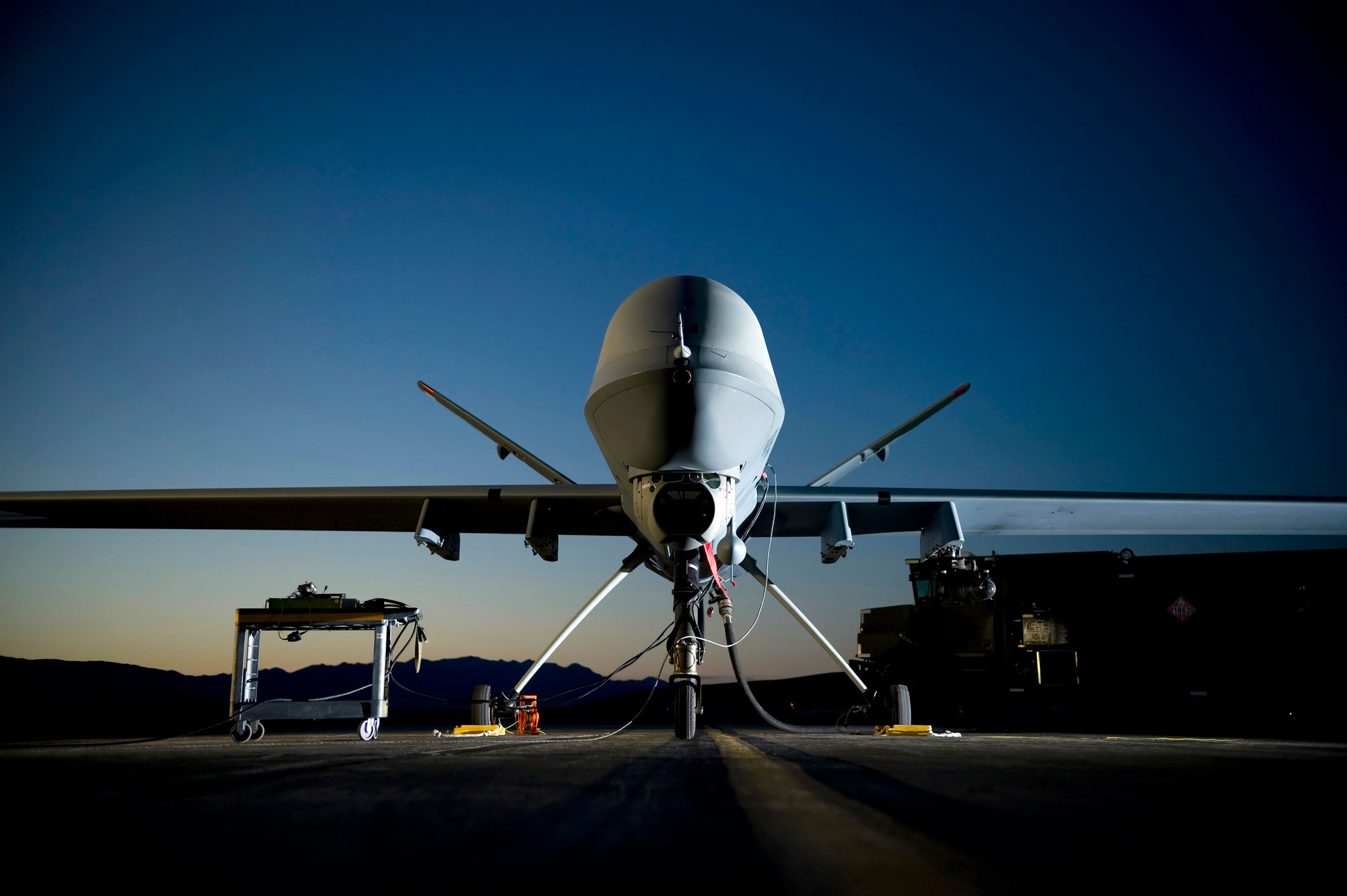
November 06, 2018
China’s Beating the U.S. to Market on Combat Drones, By Copying U.S. Technology
Source: Defense One
Journalist Patrick Tucker
The mockup of China's CH-7 combat drone unveiled at Zhuhai Airshow this week looks a lot like one the U.S. Navy was developing — until it dropped the project, allowing China to position itself to beat the U.S. and other allies in fielding a long-range, high-altitude combat drone. That’s despite the fact that—in the words of one expert—the United States had a “ten-year head start.”
If the CH-7 makes its first flight next year and stays on track, it “will be the sole option for buyers wanting to field stealth combat drones” in 2022, crowed China Daily, citing “sources.” It will also be the sole option for buyers looking to purchase an aircraft carrier-capable combat drone (according to China’s state-run Global Times) that looks like the X-47B, an experimental drone that U.S. weapons-maker Northrop Grumman developed for the Navy.
Under a program originally called Joint Combat Air Strike and later Unmanned Combat Air System, the Navy sought a stealthy drone that could take off from an aircraft carrier, perform reconnaissance deep inside enemy territory and, if necessary, fight it out with enemy aircraft. The X-47B performed well in testing, but in 2015 the Navy decided it wanted an unmanned aerial refueling tanker instead, citing cost. Culture and technophobia may have played a role as well, said Paul Scharre, a senior fellow and director of the Technology and National Security Program at the Center for a New American Security.
Read the full article and more in Defense One.


